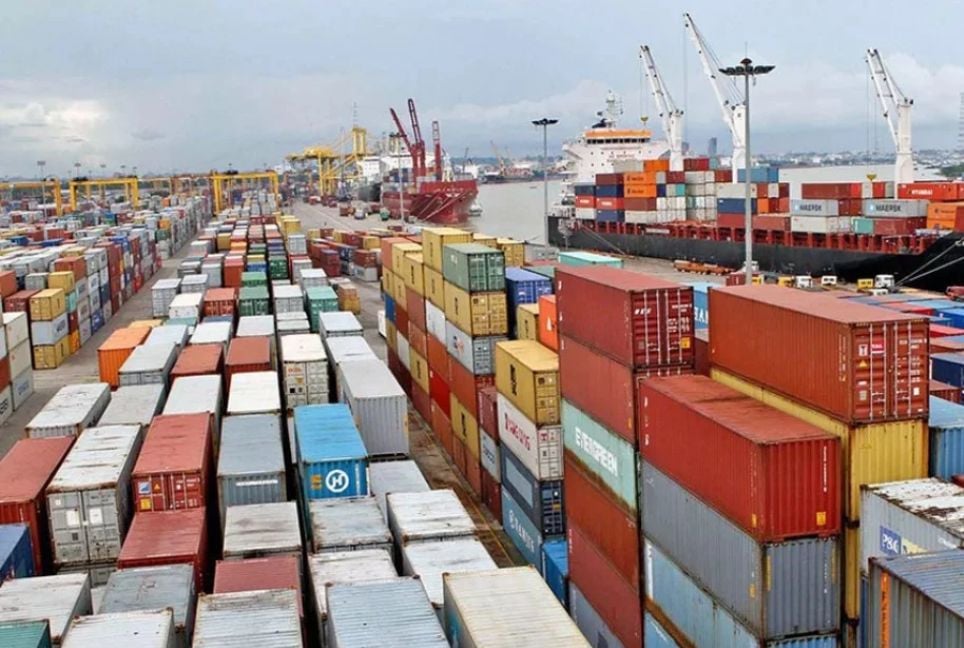The ready-made garment industry is facing mounting challenges, with 52 factories in Chattogram shutting down in the past six months and a 25 percent drop in foreign work orders, industry officials said.
The closures have left thousands of workers unemployed as factory owners grapple with rising production costs, bureaucratic hurdles, and a decline in global demand, according to the Bangladesh Garment Manufacturers and Exporters Association (BGMEA).
BGMEA Administrative Committee Member and Clifton Group Director MDM Mohiuddin Chowdhury said that due to the increase in the production costs of garments, factory owners are struggling to do business. There are harassment at every level, bureaucratic complications and obstacles in importing raw materials. All in all, they are struggling to run their businesses. In some cases, traders are closing factories.
According to information provided by BGMEA, there are 611 registered garment factories in Chattogram. 350 are operational. 261 are currently closed. 52 have closed in the last six months. The remaining 209 factories have been closed for a long time. Of the operating factories, 180 are working on foreign purchase orders. The rest are working on contract basis from the companies that have received the purchase orders.
Garment factory owners said that the work orders of Chattogram's garment factories have decreased by about 25 percent in the last six months.
The garment industry has been in a slump for several years. The situation has become complicated due to various reasons including the energy and dollar crisis after the change of the pot in August. High interest rates on bank loans, increase in the cost of importing raw materials due to the depreciation of the taka against the dollar, increase in electricity and gas tariffs, mass extortion due to the lack of uninterrupted power supply, excessive duties on the import of equipment and raw materials, harassment of factory owners and bureaucratic complications.
Added to this is the reduction in the prices of garments in major importing countries. As a result, some of the businessmen who are struggling to run their businesses are shrinking their businesses. Some are on the verge of closing their businesses.
Bd-pratidin English/Tanvir Raihan



































































